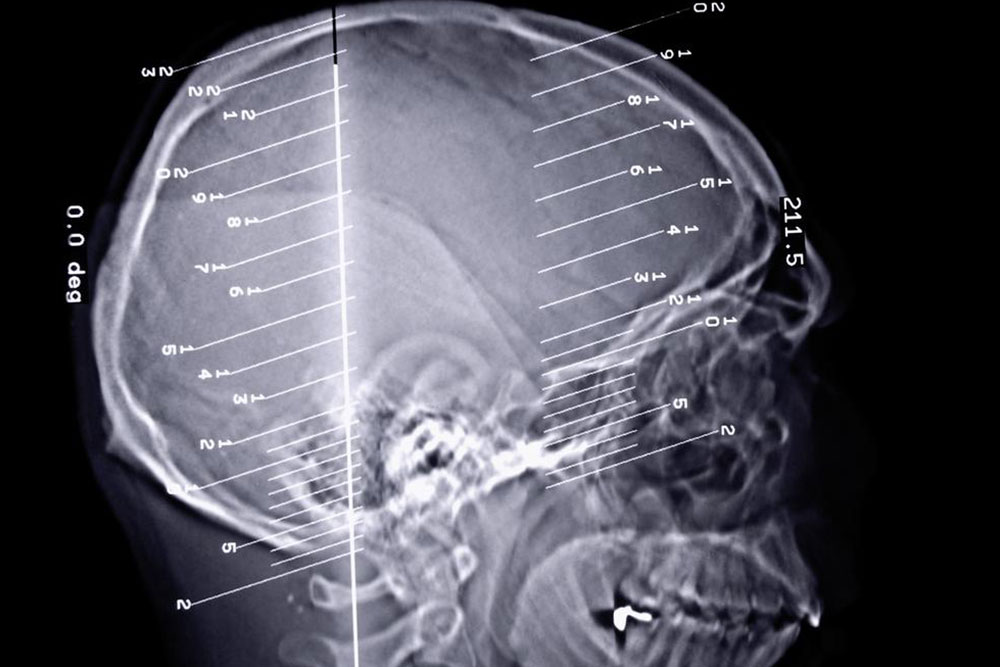Understanding Epilepsy: Causes and Contributing Factors
This article explores the various causes and risk factors associated with epilepsy, including prenatal issues, brain injuries, infections, genetics, and developmental disorders. Understanding these factors can aid in early detection and effective management of the condition.

Epilepsy, characterized by recurring seizures, is often managed with medication aimed at controlling seizure triggers. In some cases, surgery may be necessary to reduce seizure frequency. Seizures can lessen over time, especially in children who may outgrow the condition. Although the exact cause of epilepsy remains unknown, certain risk factors increase the likelihood of developing the disorder. These include prenatal issues, developmental disorders, brain injuries, infections, genetic predispositions, and brain tumors. Recognizing these factors can help in early diagnosis and management.
Risk factors are diverse and include:
Prenatal influences: Maternal nutritional deficiencies, oxygen deprivation, and infections during pregnancy can damage a baby’s brain, increasing epilepsy risk.
Developmental conditions: Disorders like autism and neurofibromatosis are associated with epilepsy.
Brain injuries: Events such as strokes or head trauma from accidents can lead to epilepsy.
Infections and immune system issues: Conditions like meningitis or viral encephalitis, along with immune deficiencies like AIDS, may trigger seizures.
Genetic factors: A hereditary component has been observed, with epilepsy impacting specific brain regions and seizure types.










